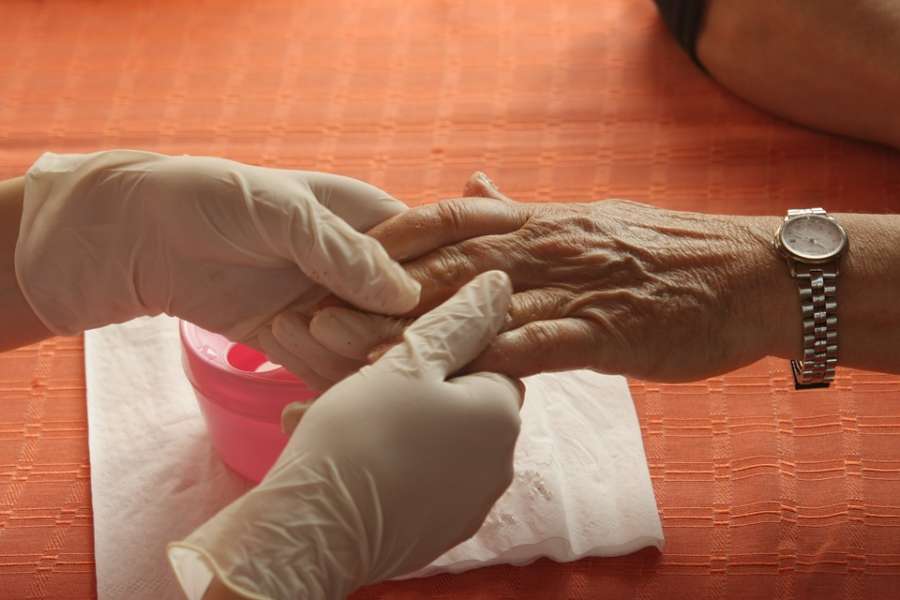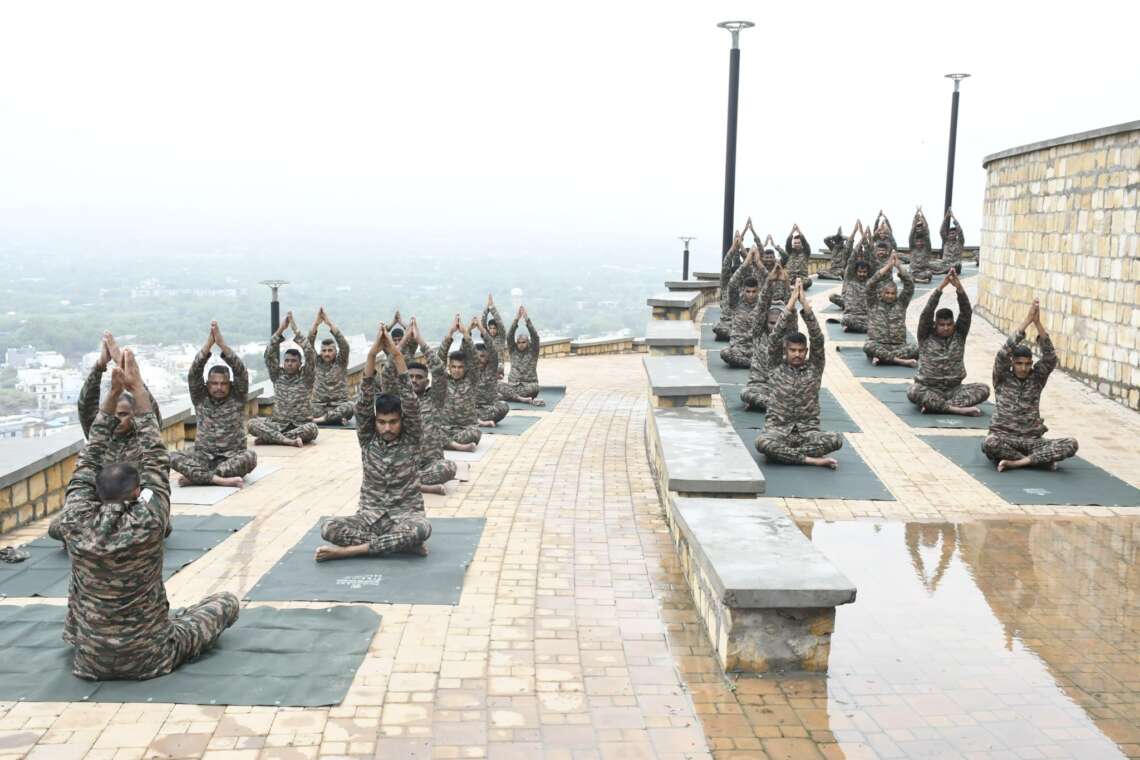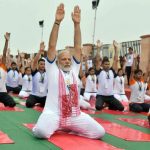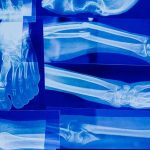The group with the lowest level of fitness developed Alzheimer’s at a rate of 9.5 cases per 1,000 person-years, compared to 6.4 cases per 1,000 person-years for the most fit group…reports Asian Lite News
People who are more physically fit are less likely to develop Alzheimer’s disease than people who are less fit, suggests a study.
The study showed that increased fitness levels improved people’s symptoms of the progressive brain disorder.
“One exciting finding of this study is that as people’s fitness improved, their risk of Alzheimer’s disease decreased – it was not an all-or-nothing proposition,” said study author Edward Zamrini, from the Washington VA Medical Center.
“So people can work toward making incremental changes and improvements in their physical fitness and hopefully that will be associated with a related decrease in their risk of Alzheimer’s years later,” he added.
The study involved 649,605 military veterans in the Veterans Health Administration database with an average age of 61 who were followed for an average of nine years. They did not have Alzheimer’s disease at the start of the study.
Researchers determined participants’ cardiorespiratory fitness. Cardiorespiratory fitness is a measure of how well your body transports oxygen to your muscles, and how well your muscles are able to absorb oxygen during exercise.
The group with the lowest level of fitness developed Alzheimer’s at a rate of 9.5 cases per 1,000 person-years, compared to 6.4 cases per 1,000 person-years for the most fit group.
When researchers adjusted for other factors that could affect risk of Alzheimer’s disease, they found that the people in the most fit group were 33 per cent less likely to develop Alzheimer’s disease than those in the least fit group.

The second most fit group was 26 per cent less likely to develop the disease, while the middle group was 20 per cent less likely and those in the second least fit group were 13 per cent less likely to develop the disease than those in the least fit group.
“The idea that you can reduce your risk for Alzheimer’s disease by simply increasing your activity is very promising, especially since there are no adequate treatments to prevent or stop the progression of the disease,” Zamrini said.A
“We hope to develop a simple scale that can be individualised so people can see the benefits that even incremental improvements in fitness can deliver.”
The study will be presented at the American Academy of Neurology’s 74th Annual Meeting being held in April.
ALSO READ-Healthy food tips for Ramadan













